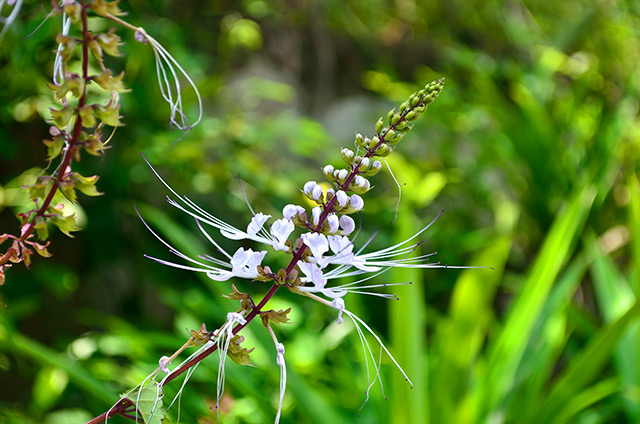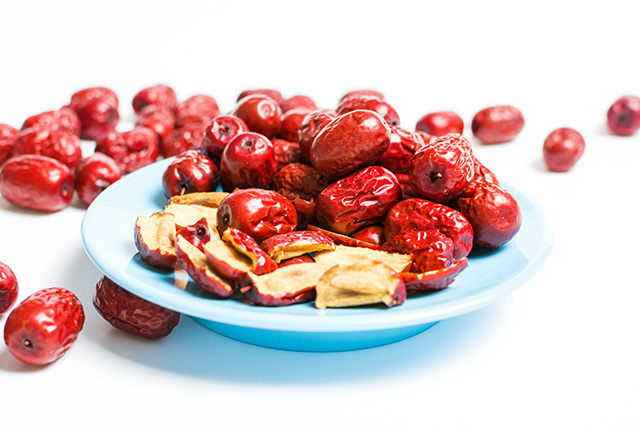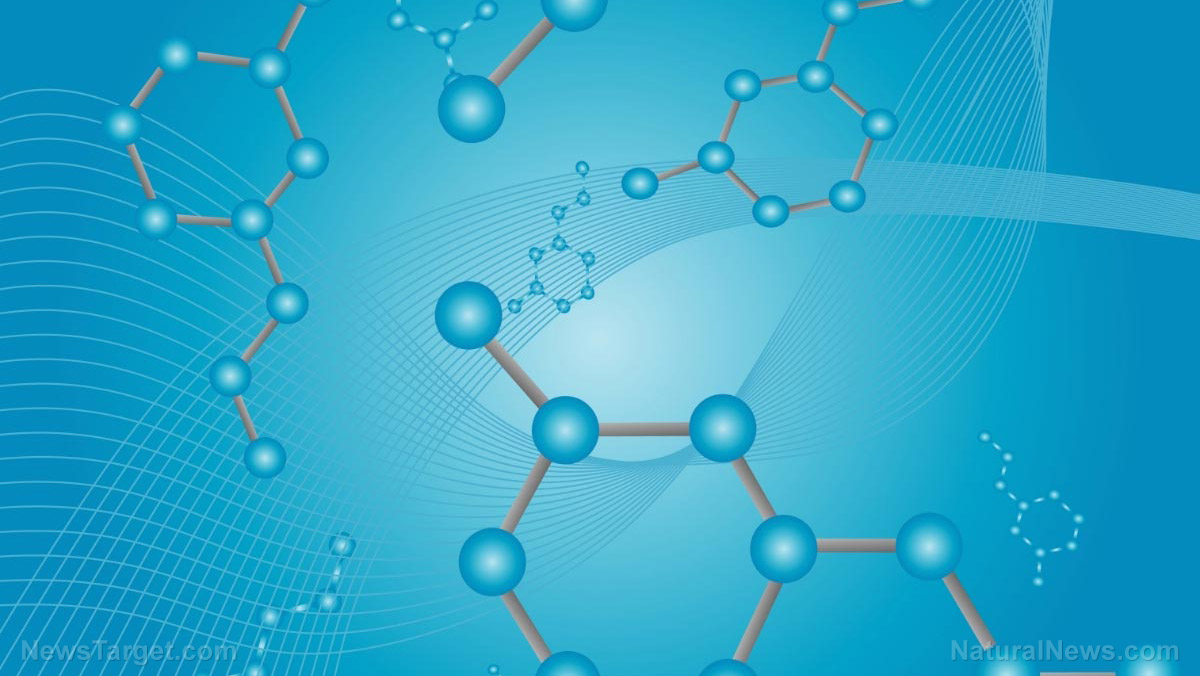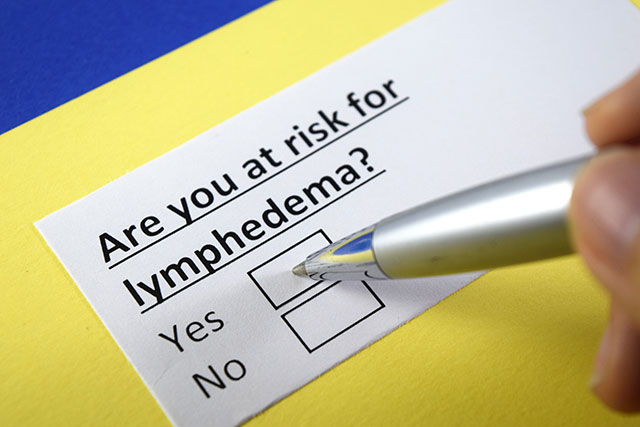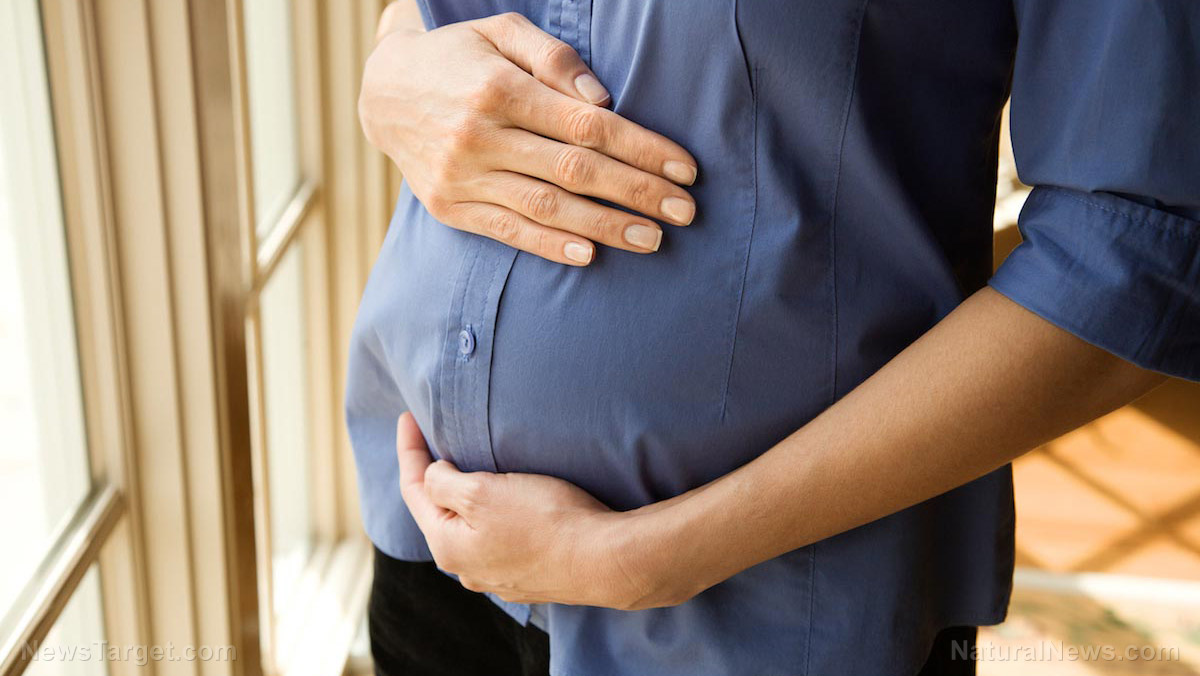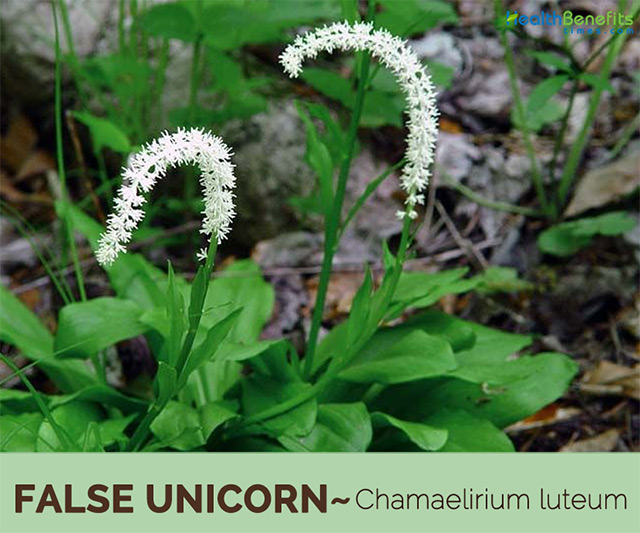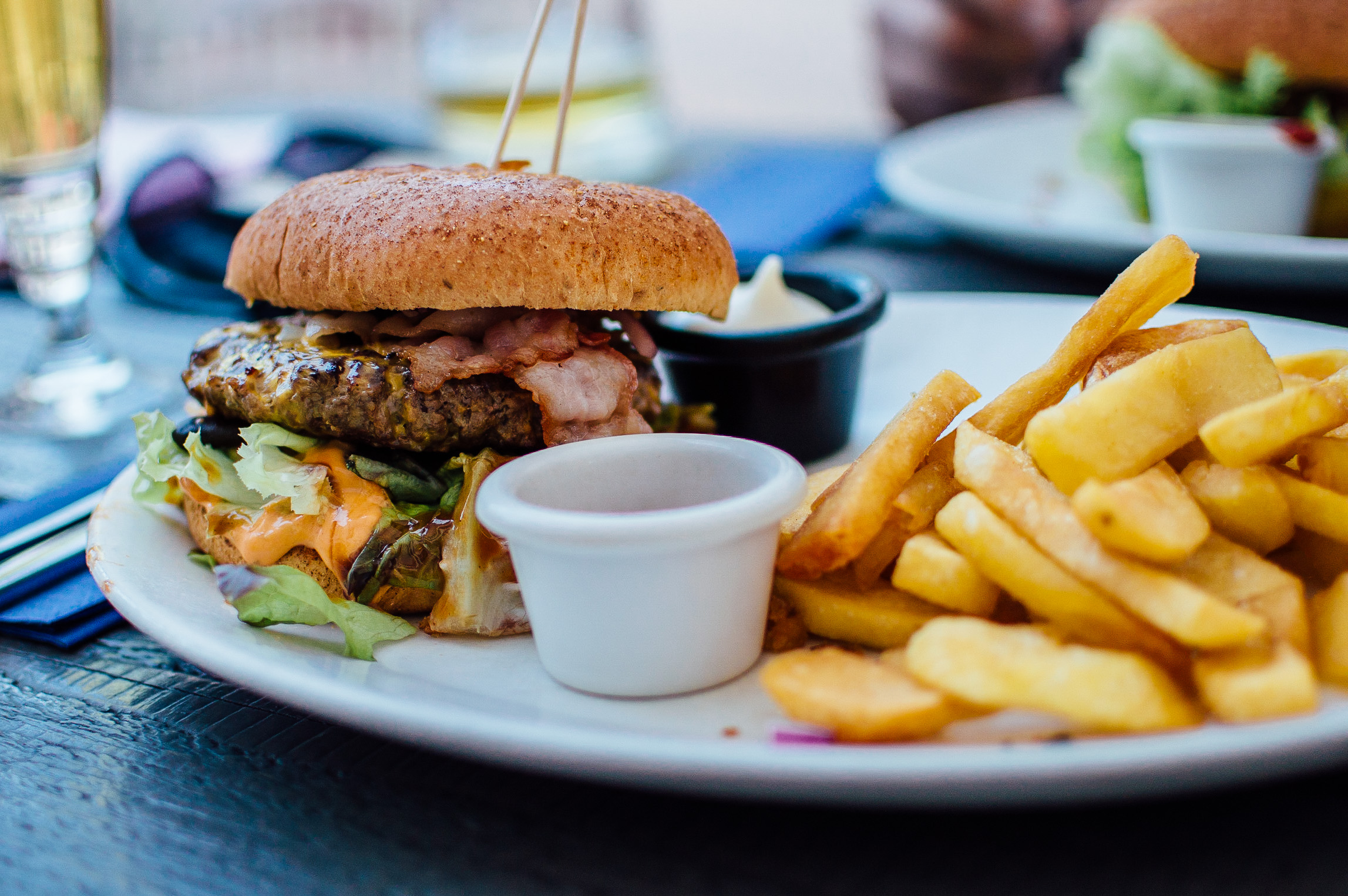This Oriental medicine protects postmenopausal women from memory decline
08/17/2018 / By Rhonda Johansson
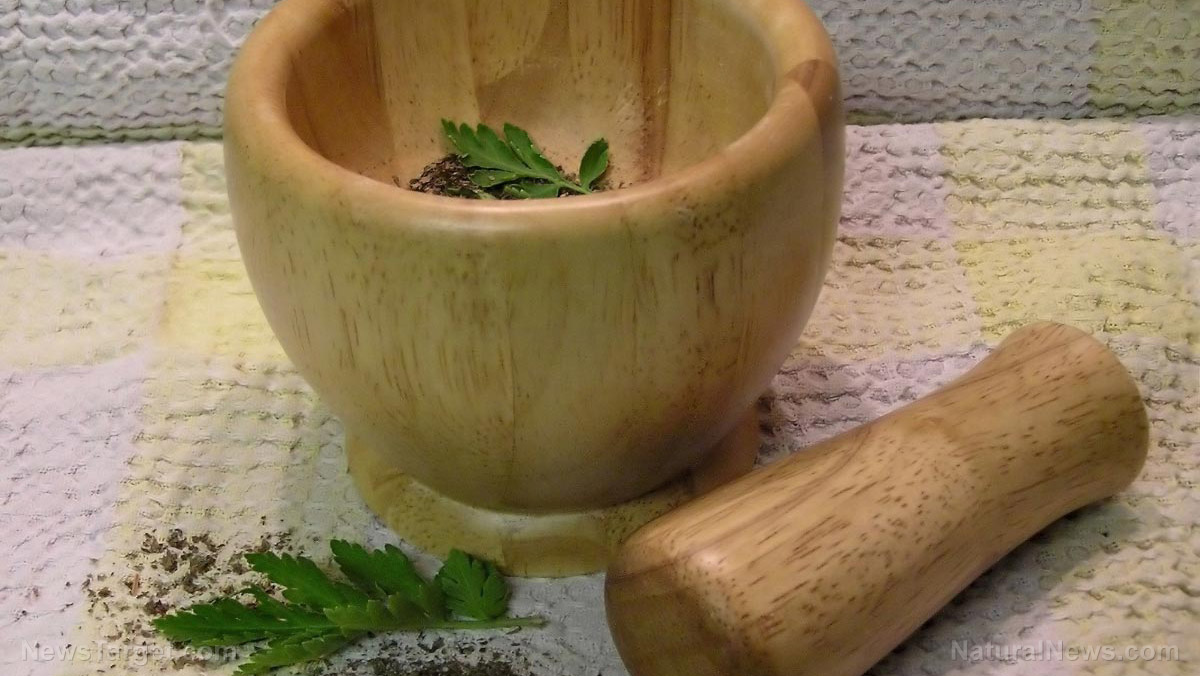
Memory loss in postmenopausal women is a serious but underreported condition. This is mainly due to most medical doctors ignoring other factors that may cause a decline in neurocognitive function other than aging. Take note that while memory decline may occur as you get older, it may also be a result from a decrease in estrogen production.
Recent data reveal that there is a link between hormonal changes, particularly those that occur during peri- and postmenopause, and a decline in verbal memory. Scientists hypothesize that apart from being a “sex” hormone, estrogen plays a vital role in how your brain stores memories and processes information. It is this relationship that contributes to the increased risk postmenopausal women have in experiencing memory loss.
So what can be done to prevent it?
Researchers have found that a traditional Korean herbal complex, known as Dangguijakyak-san (DJS), can be a safe and natural option in preventing memory loss by regulating estrogen production. This must be emphasized: DJS works by managing hormone synthesis and does not directly affect brain function. Its effects, nevertheless, are profound, especially among postmenopausal women.
As part of the study, eight-week-old female mice were housed for one week and then given an ovariectomy (where one or both ovaries are surgically removed) to induce menopause. Following a two-week post-surgery recovery period, these mice were given either DJS (at doses of 50 or 100 mg/kg/day) or 17?-estradiol, an estrogen steroid hormone (at 200 ?g/kg/day), once a day for 21 days.
Brain function of the mice was measured using memory behavioral tests, western blot, and immunohistochemical analyses.
It was found that the DJS treatment promoted estrogen synthesis in primary hippocampal cells and reduced memory impairment.
The results of the study were published in BMC Complementary and Alternative Medicine.
Other strategies that postmenopausal women can do to protect their brain
Keep your memory functioning at its best through time with some simple tips and tricks. These include:
- Sleeping properly – Try to maintain a healthy sleep cycle. Sleep loss is heavily linked to the development of different mood disturbances and depression. If you are experiencing hot flushes, consider placing a fan near your bed or purchasing a cooling pad or pillows with cooling elements. Wear bedclothes that are made from light fabrics. (Related: Menopause remedies designed to balance your hormones and help you lose weight naturally.)
- Eating correctly – Limit the amount of saturated and trans fat you consume. Choose low-fat dairy options and try to eat more fruits and vegetables.
- Exercising regularly – Physical movement benefits areas of the brain related to memory. Health professionals recommend perimenopausal and postmenopausal women to get at least 30 minutes of moderate exercise every day, five days a week. The best type of training regimen would be one that combines both aerobic and resistance exercise.
- Doing activities that stimulate the brain – Read books or play online brain games. Whatever it is you decide to do, make sure that you are constantly giving your brain a workout.
Menopause: What you need to know
Women who pass a certain age will experience menopause. There is no specific age when you will experience this for yourself; some women have it as early as 45 years old, some much later in their late 50s. Regardless, menopause is defined as having no menstrual period for one year. It is the direct result of your body reducing the amount of estrogen you produce.
Many changes will occur, with the most common including hot flushes, weight gain, and vaginal dryness. Menopause also increases your risk of other conditions such as osteoporosis, and as mentioned earlier, memory loss.
You can lessen the severity of these symptoms by speaking with your local health practitioner, particularly one whose focus is on natural medicine.
Read more articles that can help you deal with menopause better at WomensHealth.news.
Sources include:
Tagged Under: Dangguijakyak-san, herbal complex, herbal remedies, longevity, memory decline, memory loss, Menopause, menopause symptoms, natural cures, natural medicine, natural remedies, plant medicine, postmenopause, traditional medicine, women's health






